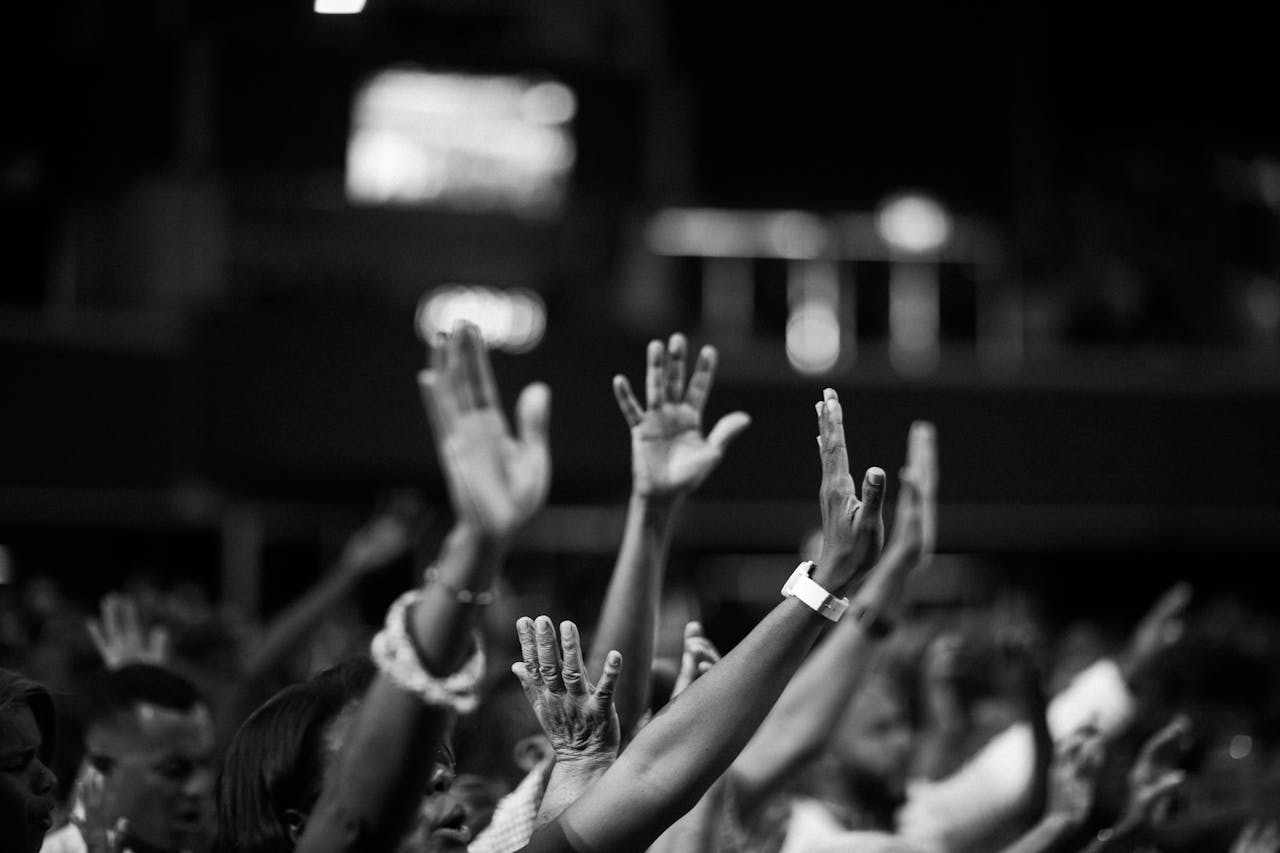Criticisms of Gay Activism (1)
17 Apr 2024
- Share:

Questions and Criticisms of Gay Activism (1)
Criticisms of gay activism come from different social systems, cultural beliefs and individual views.
Common criticisms include religious and cultural concerns, moral and ethical concerns, and concerns about social change. Others are more concerned about social change, fearing that it will weaken social structures or disrupt traditional norms, rather than religious belief.
In this series of articles we will look at important criticisms of gay activists.
A Critique of the Extreme and Limitless Experience of Emotions and Impulses:
Experiencing negative thoughts and emotions is a matter of personal choice rather than a sign of illness. People have the capacity to freely choose good or bad actions from the myriad of thoughts that trigger various emotions. Individuals should have the capacity to experience emotions that they find appropriate for themselves and society and to manage negative emotions that cause discomfort. On the other hand, illness is not voluntarily chosen and people can become ill beyond their control.
Homosexuality is not a disease, but the result of an intellectual and emotional choice. Even if people make choices, such as feeling feminine or masculine urges, these urges are not valid reasons for a deviant choice. Bad impulses do not excuse the choices and actions that result from those impulses. For example, a person may feel the urge to kill out of anger, to steal out of greed, or to abuse out of lust.
People can be both good and bad, and trying to do whatever we want is not freedom, but irresponsible behavior that breeds chaos and disorder and threatens security.
Homosexuals are trying to intimidate heterosexuals by labeling them "homophobes";
Homosexual organizations use the term "homophobia" to intimidate individuals who believe that homosexuality is not genetically determined, but rather developed through family and environmental factors. This strategy began in the 1960s with the aim of stigmatizing opponents of homosexuality and making them unable to express their opinions publicly. Pro-LGBT psychologist George Weinberg coined the term in the late 1960s when, as deviant activists, they sought to remove sexual deviance from the list of diseases. The term was later used in print media, including an American pornographic magazine called Screw, Time magazine and even dictionaries.
While Winberg characterized opponents of homosexuality as "homophobic", he also proved that homosexuality was healthy. His 1972 work "Society and the Healthy Homosexual" was one of the most important steps in this direction. However, these steps were immediately put into practice by a global propaganda mechanism.
The immoral labels that homosexual organizations attach to those who oppose homosexuality are not just lies, they are outright slander. They use such accusations and hate speech to intimidate healthy and sensitive heterosexual people. Some homosexual activists exhibit "heterophobic" attitudes and contradict themselves by labeling those who do not tolerate homosexuality as "homophobic". The word "phobia", which means fear, is used today to label and intimidate people who cannot tolerate LGBT people, find their sexual acts disgusting, fear them, avoid them and try to protect their children from them as people "to be feared".
Seeing criticism against them as an attack:
Gay activists and organizations often confuse criticism with insult and want to make it difficult to criticize any philosophy, ideology or religion. This is a cunning and bigoted approach, because homosexuals in general do not know the difference between criticism and insult. By labeling and intimidating their critics with terms with the extension "phobia", they prevent them from speaking out and criticizing and try to silence them. This is blatant 'homofascism'. Zionists also use this tactic to prevent criticism of Israel's atrocities and the 'anti-Semitism' law. Criticism is important as long as it does not blaspheme, insult or incite violence. Criticism should be tolerated because critical thinking advances philosophy and science.
Inconsistencies and Contradictions in the Discourse of Homosexuals:
There are obvious inconsistencies and contradictions in homosexual discourse. Some homosexuals oppose marriage and promote free relationships, while others advocate the recognition of marriage rights for homosexuals. They are anti-militarist but at the same time advocate the conscription of homosexuals, resorting to lies and deception to facilitate their participation. Some homosexuals believe that homosexuality is innate and cannot be changed, while others see it as a life choice. Hormonal differences may contribute to this, while others argue that homosexuality is a choice and a lifestyle. These contradictions create confusion within society as the claims of one group contradict those of another. The apparent inconsistencies and contradictions in the discourses of homosexuals emphasize the apparent complexity of their beliefs and experiences.
Our questions and criticisms on this issue will continue as a series of articles...
Vedat KAT
Guwuste.com





